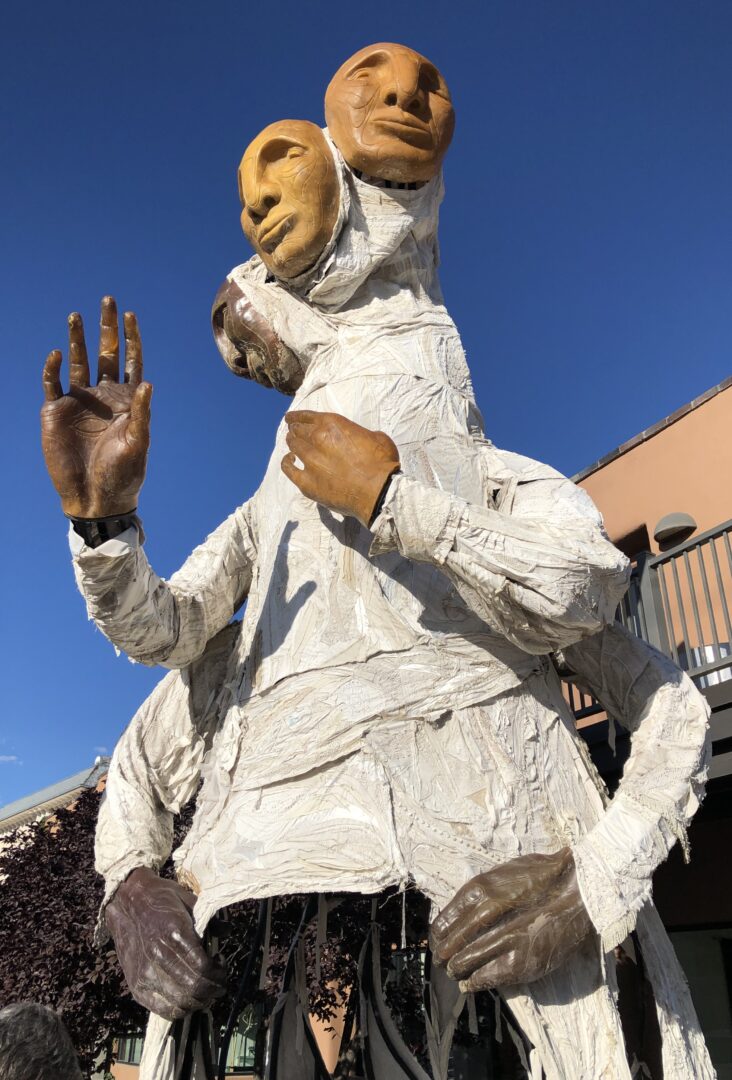I am addressing this paper to other white temporarily-able-bodied settler feminists interested in moving, not just toward a queer (queerer?) horizon, but toward a nonbinary liberatory futurity as a collective political aspiration (not an identitarian goal of self-actualization). In this paper, I consider how we might mobilize the nonbinary as a freedom practice, a practice building toward a future where we are all free. Imagining and creating a liberatory inclusive future necessarily requires dismantling the constrictions of reproductive futurity, constrictions built on binary analytics. This paper begins with an outline of how a sense of urgency, legal and medicalized frameworks, and anti-victimism have dominated post- Dobbs responses and reinvigorated an allegiance to retrograde, repressive reproductive futurity. This brief discussion of post-Dobbs responses sets the stage for an exploration of a more expansive, inclusive, collective futurity beyond the settler state, a freer futurity made possible by mobilizing a nonbinary intersectional critique anchored in queer/crip/Indigenous analytics.
Articles by Judy Rohrer
Judy Rohrer is a theorist with research interests in a number of interdisciplinary fields: feminist studies, queer studies, Indigenous studies, settler colonial studies, critical race theory, and disability studies. She is currently director of Gender, Women’s & Sexuality Studies at Eastern Washington University. Rohrer has published articles in a number of scholarly journals and has published three books: Staking Claim: Settler Colonialism and Racialization in Hawai‘i (University of Arizona Press, 2016), Queering the Biopolitics of Citizenship in the Age of Obama (Palgrave MacMillan, 2014), and Haoles in Hawai‘i (University of Hawai‘i Press, 2010). She has also written op-eds for local and national media outlets.
